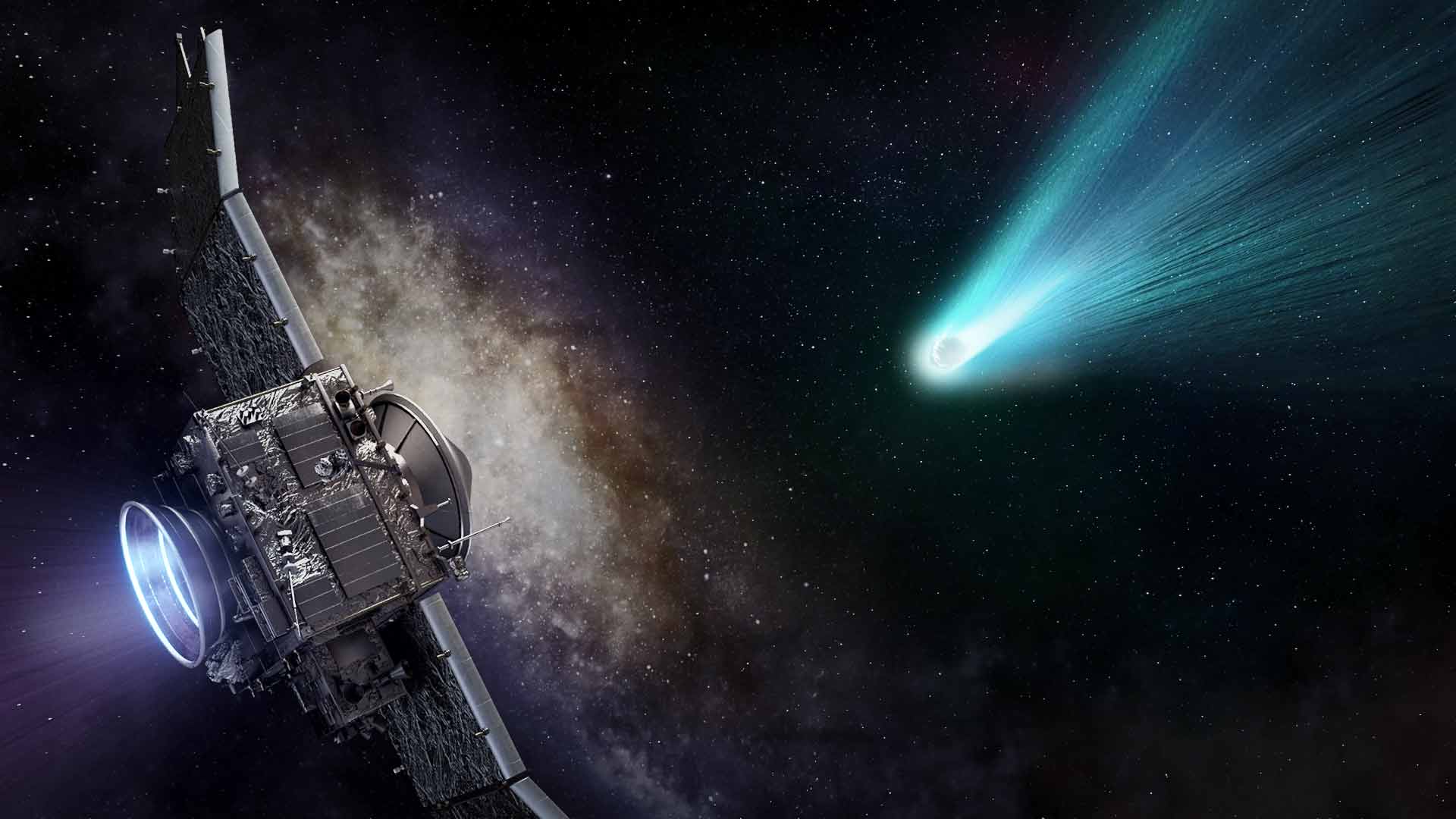Cultural Differences Found in Pee
Pee from more than 4,000 volunteers shows that people from different nations often have spectacularly different metabolisms.
The finding could point to new ways to deal with obesity, diabetes, high blood pressure and other health problems, researchers said.
After guts break down food and drink, chemicals left in their urine can reveal a lot about peoples' bodies and lifestyles.
Urine samples were analyzed from some 4,630 volunteers from the United States, China, Japan and the United Kingdom. More than 1,000 different molecules were looked at.
Each country turned out very different, metabolically.
"For instance, Chinese and Japanese people are almost identical genetically, which isn't surprising, since they diverged culturally only a few thousand years ago — but they are very different metabolically," said researcher Jeremy Nicholson, a biological chemist at Imperial College London.
"We know there's a huge difference in the diseases that different nations risk — broadly speaking, the Japanese tend to die of strokes, the Chinese of heart attacks — and we see those differences reflected in their urine," he added. "Of course they're different in terms of lifestyle — the Japanese tend to eat more fish than the Chinese as a whole do — but their gut bacteria are also very distinct as well."
Get the world’s most fascinating discoveries delivered straight to your inbox.
Gut microbes help us get energy from our food.
"In your guts, you have about 1.5 kilograms (3.3 pounds) of 1,000 different species of bacteria," Nicholson explained. "If you include all the genes from bacteria along with your own, only about 1 to 2 percent of the genes in your body are human, with the rest from the gut microbes. And what bacteria you have can be quite different from person to person."
Within countries, there are big differences metabolically also — for instance, between the north and south United States, and between northern and southern China. At least some of this may be due to cuisine — for instance, wheat is the staple grain in northern China, while rice is the standard in southern China.
"You can even pick out different cities — you can see the differences between Chicago and Corpus Christi," Nicholson said.
In terms of cardiovascular or heart health, southern China fared the best while Texas did worst.
"Honolulu was right in the middle — that's ironic, given how Honolulu is also roughly in the middle geographically between Asia and America," Nicholson said.
The investigation not only looked at chemicals known to be linked with certain disorders, but also discovered hitherto unknown links between certain molecules and diseases.
For example, no one had known that a compound known as formate was connected with any disease, "and formate turned out to be strongly linked with blood pressure," Nicholson said. "So this approach might lead to ways to predict or prevent high blood pressure based off formate."
In the future, urine might help shed light on diabetes, atherosclerosis, obesity and even cancer, he added.
The scientists detailed their findings online April 20 in the journal Nature.
- What's In Your Body
- 10 Things You Didn't Know About You
- Nutrition Quiz



